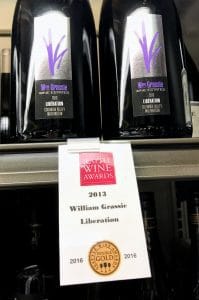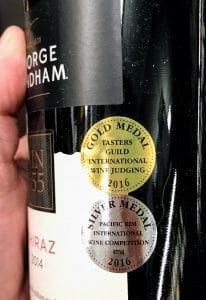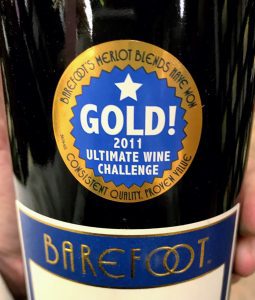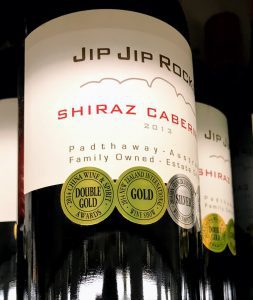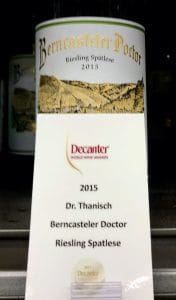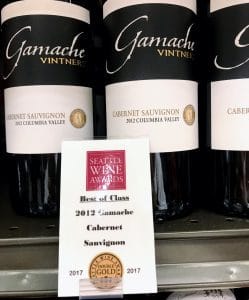 A look at some recently released and upcoming wine books that intrigue me for various geeky reasons.
A look at some recently released and upcoming wine books that intrigue me for various geeky reasons.
For last month’s edition looking at some of the new releases from May and early June check out Wine Geek Notes 5/9/18 — New Wine Books to Geek Out Over.
How to Wine With Your Boss & 6 Other Tips To Fast Track Your Career by Tiffany Yarde. Released June 19th, 2018.
While not necessarily a wine book, the description and “look inside” preview caught my attention. Unlike other career advancing self-help books that tell you how “think rich”, “lean in” and develop habits of highly effective people, Yarde looks to be taking a different approach in utilizing wine education topics on tasting and varieties to apply them to business principles.
At least that is what the intro is describing, though the title How to Wine With Your Boss also seems to be advocating wielding your knowledge and confidence in the social lubricant of wine as a tool to advance your career. That is an approach that could be fraught with pratfalls with the associations of alcohol in the workplace in light of the #MeToo movement. While we, wine geeks, know that the point of sharing a glass of wine is not about nefarious intentions, I can’t begrudge a male manager or coworker from being reticent in accepting such an invitation.
Still, the idea of book teaching wine enthusiasts how to take their passion and knowledge of wine and apply it to business is intriguing–if that is such a book that Yarde has written. She does have a blog and website, Motovino, that describes more of her philosophy though, unfortunately, the blog is not frequently updated.
Practical Field Guide to Grape Growing and Vine Physiology by Daniel Schuster, Laura Bernini and Andrea Paoletti. To be released July 2nd, 2018.
This looks like some hardcore viticultural geekdoom here written by New Zealand wine grower Daniel Schuster, Tuscan viticulturalist Laura Bernini and winemaker Andrea Paoletti that will combine a mix of New World modernist and Old World traditionalist approaches to grape growing.
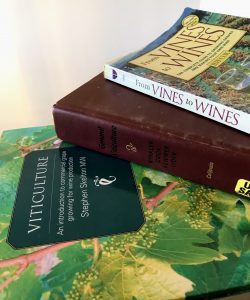
Oldies but goodies.
When I passed Unit 2 of the WSET Diploma level on Viticulture and Winemaking with Master of Wine Stephen Skelton’s Viticulture, Jeff Cox’s From Vines to Wines and the old school classic of A.J. Winkler and crew’s General Viticulture (under $15 used) were my primary study aids in the vineyard.
At around 146 pages, I can see the Practical Field Guide being an easily digestible compendium to the books I mention above and another great study tool for wine geeks seeking certifications in the WSET or Court of Master Sommelier programs.
Wine Marketing and Sales, 3rd Edition by Liz Thach, Janeen Olsen and Paul Wagner. To be released July 2nd, 2018.
I’ve had this book pre-ordered since February–so, yeah, I’m pretty excited.
While I was doing researching for my article Under the (Social Media) Influence, I realized that there was a dearth of resources for wineries and wine business students about how to effectively utilize social media. A huge reason for that is how quickly the industry and technology is changing so this updated edition of Wine Marketing and Sales was desperately needed. With how in-depth and perspective-driven the previous two editions were, I have no doubt that this and other modern topics and challenges of the industry are going to be addressed.
Dr. Liz Thach, MW is one of the most brilliant minds in the wine business whose writings in Wine Business Monthly and other publications are must-reads for anyone wanting to keep a pulse on the happenings in the wine business. In addition to Wine Marketing and Sales, Thach’s Wine: a Global Business is another resource that I’ve thoroughly gobbled up in highlighted notes and annotations.
The New Pink Wine: A Modern Guide to the World’s Best Rosés by Ann Walker and Larry Walker. To be released July 19th, 2018.
Has the “Rosé Revolution” jumped the shark yet? Who knows?
But The New Pink Wine is here to join a chorus of recently released rosé wine books in the last year and a half that includes Master of Wine Jennifer Simonetti-Bryan’s Rosé Wine (you can check out my review of it here), Victoria James and Lyle Railsback’s Drink Pink, Katherine Cole’s Rosé All Day, Master of Wine Elizabeth Gabay’s Rosé: Understanding the pink wine revolution and Julia Charles’ Rosé Cocktails that I highlighted in last month’s Wine Geek Notes.
If you want to go “old school hipster”, there is also Jeff Morgan’s 2005 work Rosé: A Guide to the World’s Most Versatile Wine which was on the Pink Train way back when Brangelina were still filming Mr. & Mrs. Smith.
What will the Walkers’ The New Pink Wine add to the conversation? At 224 pages, it’s not aiming to be a pamphlet. Both the Walkers do have lots of experience in the food and wine industry with Ann as a chef, educator, writer and frequent judge for the San Francisco Chronicle Wine Competition. Larry Walker has written for various food & wine magazine and is the editor for several of Williams-Sonoma’s Wine Guides.
I suppose as long as new bottles of rosé keeping hitting the wine shelves, we’ll keep getting new rosé wine books for the book shelf.

